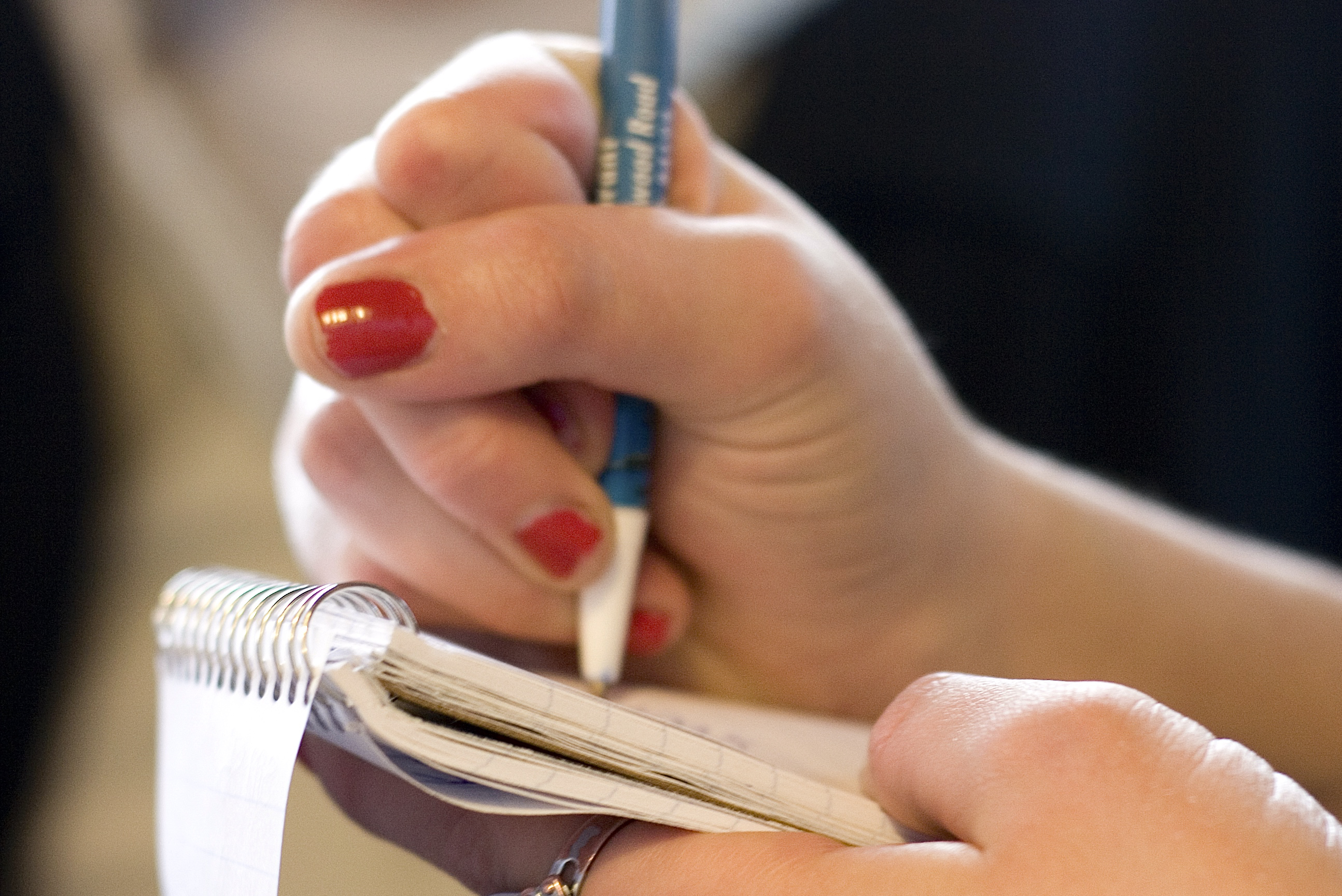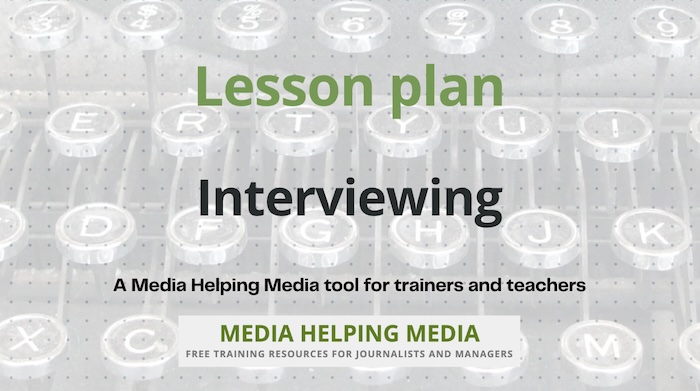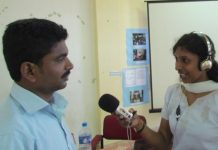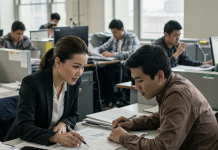
A journalist needs to be well-prepared when planning an interview. However, after all your research, try to keep the interview to three questions, because if you haven’t worked out in three what you want to find out from the person you are talking to you, you probably never will.
And try to avoid looking at your notes, but, instead, pay attention to what the person you are interviewing is saying, otherwise you might miss the news story. Here are a few tips for planning and executing an interview.
20 interviewing tips for journalists
1: Never give an interviewee questions in advance. It’s fine to give a general idea about the interview themes, but being too specific may limit what you can ask in the interview. It also risks being overtaken by events and allows the interviewee to rehearse answers.
2: Be on time. There’s nothing worse than keeping someone waiting.
3: Always check that your equipment is working and fully charged before you leave the office.
4: Treat the interviewee with respect whether they are a president or a man or woman in the street. A warm but not over-enthusiastic greeting is a good start.
5: Take control of the location. It’s your interview. You need to choose a place that isn’t too noisy and where there are not too many distractions.
6: You are not meant to be the centre of attention. The interview is not about you. You are there to get the perspective of the interviewee, not give your own.
7: Do the research you need to, but don’t try to cram it all into your questions. Put yourself in the shoes of a member of your audience before you start the interview. If they were here, what would they ask?
8: Ask the most important question first. The more pressed the interviewee is, the less time they will have, and the more likely that they will cut the interview short.
9: The interview is a conversation, it’s not a confrontation. You are not there to make the interviewee look stupid.
10: Try to avoid looking at notes. If you look at your notes, the interviewee may be distracted. And it’s difficult for you to read and listen at the same time.
11: Maintain eye contact at all times. Keep your body language in check. If you nod your head, your subject may take this to mean that you agree with them and assume that there is no need to explain further. You may miss the chance to discover more. If you shake your head, or recoil with a shocked facial expression, you risk making your subject clam up. You will have shown them that you find their views offensive and so they are likely to stop short of saying even more in the same vein.
12: Try to ask a maximum of three or four questions. An interview is not a fishing expedition. If you can’t get to the essence of what you want the interviewee to say in three or four questions, change the questions.
13: There are six basic questions: what, why, when, how, where and who.
14: Shorter questions are better than longer ones. Never ask more than one question at a time. Combining questions makes it easy for the interviewee to avoid answering one altogether. Be as direct as you can without being rude.
15: Be sure of your facts. There’s nothing worse than being told you are wrong by an interviewee – especially when it’s live.
16: Listen to what the interviewee is saying. They might want to use your interview to announce something important that you were not expecting.
17: If the interviewee is not happy with the way they answered a particular question, don’t give in to appeals for them to do it again – unless there is a factual error in the answer or there is a risk of serious confusion.
18: At the end of the interview, no matter how difficult the interviewee has been, always say thank you
19: Always check the interview has been recorded before the interviewee leaves.
20: When you’re editing, don’t take answers out of context. That’s dishonest.

Questions
- What is the main reason for not giving interview questions in advance to the interviewee?
- Why is it important to be punctual for an interview?
- How should an interviewer treat the interviewee, regardless of their status?
- What is the significance of choosing the right location for an interview?
- Why should an interviewer avoid looking at their notes during an interview?
- How can body language affect the outcome of an interview?
- What is the recommended number of questions to ask during an interview, and why?
- Explain the importance of listening to the interviewee during the interview.
- What should an interviewer do if the interviewee is unhappy with their response to a question?
- Why is it crucial to ensure that the interview has been recorded before the interviewee leaves?
Answers
- Giving questions in advance may limit the scope of the interview and allow the interviewee to rehearse answers, reducing spontaneity.
- Being punctual shows respect for the interviewee’s time and sets a professional tone for the interview.
- The interviewer should treat the interviewee with respect, offering a warm but not overly enthusiastic greeting.
- The right location minimises noise and distractions, allowing for a more focused and effective interview.
- Avoiding notes helps maintain eye contact and keeps the interviewee engaged, preventing distractions.
- Body language can signal agreement or disagreement, potentially influencing the interviewee’s responses and openness.
- Asking three or four questions helps focus the interview and ensures that the most important topics are covered efficiently.
- Listening allows the interviewer to catch unexpected announcements or important information that may arise during the conversation.
- The interviewer should not allow the interviewee to redo their answer unless there is a factual error or risk of confusion.
- Ensuring the interview is recorded prevents the loss of valuable content and maintains the integrity of the interview process.
Lesson plan for trainers
If you are a trainer of journalists we have a free Lesson plan: Preparing for and carrying out an interview which you are welcome to download and adapt for your own purposes.
This free lesson plan is based on the article ‘Preparing for and carrying out an interview‘ which was written by Jaldeep Katwala and published on Media Helping Media. The free AI teaching tools at the Khan Academy were used in the production of this lesson plan.
Related training modules









